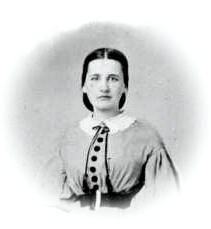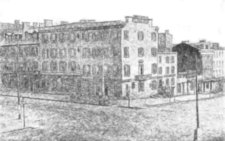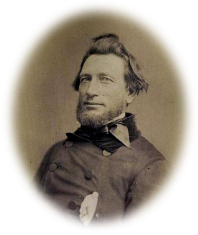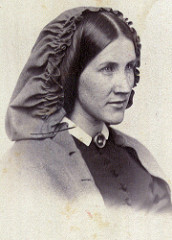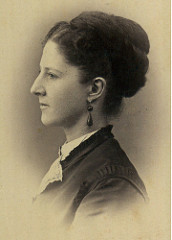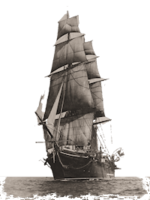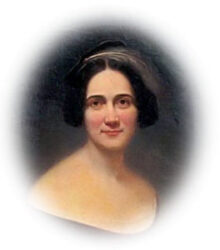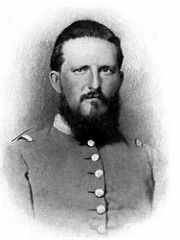Eliza’s journal.
Headquarters of the 16th Regiment,
In the field, April 3.
We were on the point of driving out here yesterday when a telegram came from Joe saying he was coming in. It was with his camp wagon this time, to carry out various things–new guide colors for the regiment, stationery, etc., and his new Colonel’s uniform “with the birds on it,” as Moritz says. Suddenly it occurred to me to come out to camp too. So I put up my things hastily and J. drove me out, sending James ahead on “Scott” to order another mess tent put up for me and have the fire made. It was our first drive together since Joe entered the service nearly a year ago. “Fairfax,” the pony, jogged along at his ease and we didn’t reach here till after dark. Camp-fires along the road and over the hill-sides burned brightly and picturesque groups of men gathered round them, cooking and smoking. The 16th, when we reached it, seemed like a little village of lighted and well-kept streets. James soon got supper for us and when the fire was burning we felt as serene and comfortable as possible. The “Evening Star” and the printing of a lot of postmarks with the new regimental stamp, filled the evening, and then, building up a good fire and getting under the piles of blankets Surgeon Crandall had sent in, I slept soundly and warm till “reveille” just after sunrise. After reveille came roll-call, then the sick-call on the bugle, then breakfast for the men, then guard-mounting at eight, then our breakfast. After this J. went out to drill the battalion and I wrote letters, had a call from General Slocum, and sent General Franklin the flowers I had brought him; by which time the drill was over. The day was delicious, warm, soft, spring-like, and fires were oppressive. The evening parade was an uncommonly nice one. General Slocum, Colonel Bartlett and J. reviewed them and the men looked finely. The white gloves and gaiters Joe has given them greatly increase the neat appearance, and the band is quite another thing. “Coming through the rye” is no longer played as a dirge.
The new colors were all brought out and the effect was very pretty, as they were escorted out and back and saluted by all the officers and men. After parade came a game of base-ball for the captains and other officers, and in the sweet evening air and early moonlight we heard cheerful sounds all about us as the men sang patriotic songs, laughed and chatted, or danced jigs to the sound of a violin. There is a nice little band of stringed instruments in the regiment, and Joe sent for them to come and play for me in the tent, and then it was proposed to adjourn to General Franklin’s Headquarters and give him a serenade. This with a call on Col. Bartlett in his patriotic tent, hung with American flags, finished the evening. We went to bed, tired, but as peaceful and unwarlike as could possibly be. . . . At 3 A. M. we were suddenly roused. The brigade was again under marching orders, to leave at ten o’clock for Manassas once more! This was the meaning of the vague rumors we had heard that our division was not to sail after all.
I built up the fire and dressed and after a cup of tea at 5.30 said good-bye. Our peaceful little time was over.
